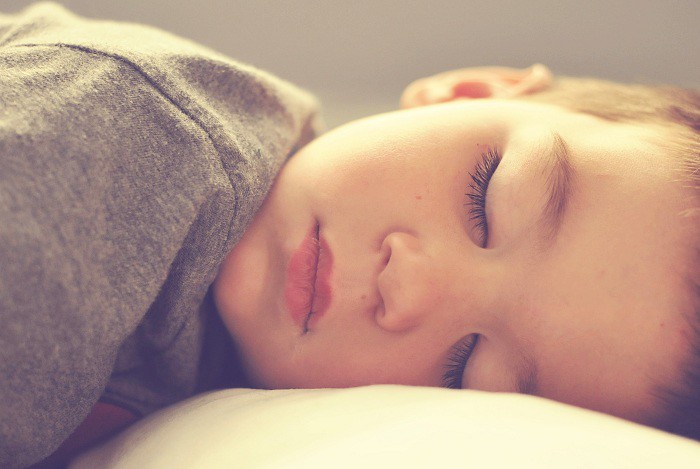—Tom Hodgkinson
Today I’m going to give you permission to take a nap and not feel lazy.
Why? We better able to establish good habits with sleep for two simple reasons. First, even mild sleep deprivation makes our brain’s alarm system overreact to stress. As noted yesterday, more stress equals more enticing temptations and less willpower. Second, sleep deprivation impairs how our body and brain use glucose (our primary fuel), which in turn impairs the metabolic process by which cells absorb glucose so they can use it for energy. Getting seven to nine hours of sleep each night can help us muster both the energy and the self-control we need to do our exercise.
Can’t get more sleep?
I know, I know, you don’t have time to sleep. You’re very busy and important. Or you think you are the exception to the rule—that you are a part of the 2.5 percent of people who feel rested with less than the seven-plus hours of sleep that doctors and sleep experts prescribe. Maybe you wish you could get more sleep, but you just can’t find a way to put sleep above your other priorities.
Ask yourself what your other priorities are. Your health? Your happiness? Productivity and success at work? Raising happy and healthy children? Here’s the truth: You will not fulfill your potential in any of these realms unless you get the sleep your body, brain, and spirit need. A mountain of research supports this claim.
If it feels totally impossible to you to get to bed earlier, try increasing your sleep by four to five minutes a night until you’ve adjusted your schedule enough that you are getting eight hours of shut-eye. For example, it might feel totally impossible to get to bed before midnight. But surely you can hit the hay by 11:56 p.m. Add a few minutes every day for two weeks and you’ll gain an hour (and all the increased productivity, creativity, and happiness that come with it). Stick to it until you’re going to bed early enough to get eight hours of sleep.
My friend Jennifer Granholm, who was the governor of Michigan, doesn’t really like to sleep, and at one time she insisted that she didn’t need more than six hours a night. Many people tell me that, like Jennifer, they do fine on less than seven hours of sleep. It is true that 2.5 percent of people are able to flourish with less sleep than the rest of us. Jennifer is an exception in so many ways that I just might concede that one of her many gifts may be that she needs less sleep. Are you a Jennifer Granholm? Here’s how to tell. Let yourself get seven to nine hours of sleep for a week or two—perhaps while you are on vacation. Does your mood improve? Your productivity increase? Your self-control become formidable? You be the judge.
![]() What To Do Today
What To Do Today
Task #1: Pinpoint ways to track and improve your sleep schedule with the “Take a Nap” worksheet in your workbook.
Task #2: Practice gratitude. Today and everyday.
PS: Jennifer Granholm recently confessed to me that she might not be a “Jennifer Granholm”…that she actually does do better on more sleep. So there’s that.

